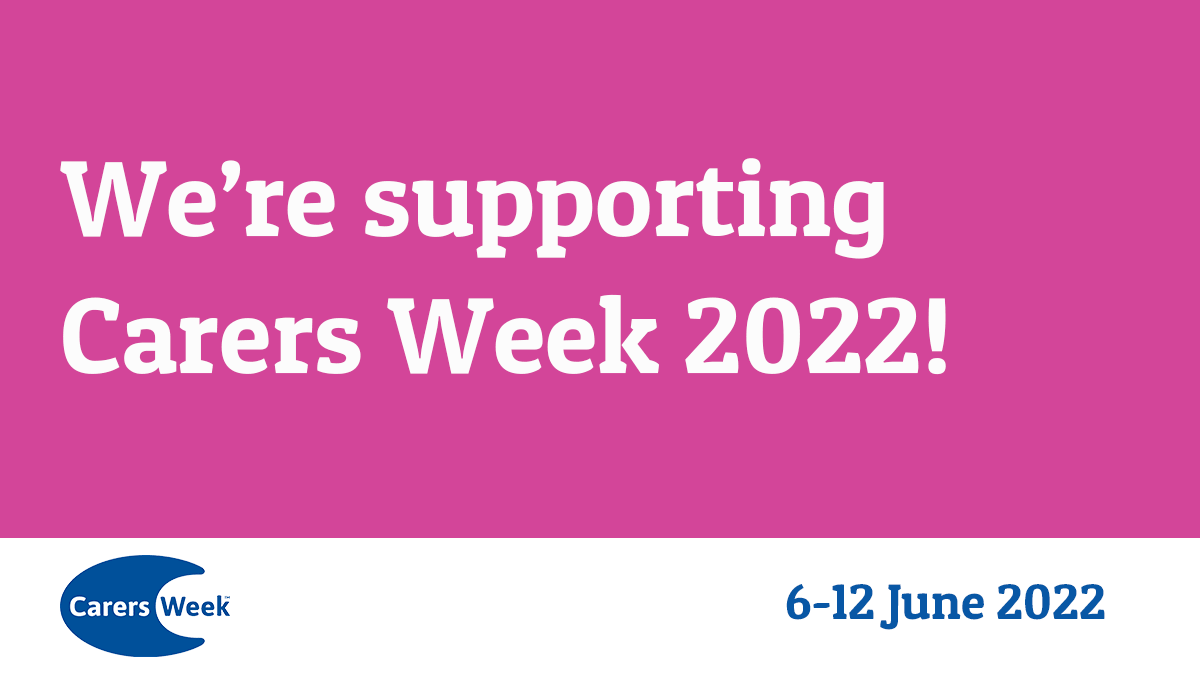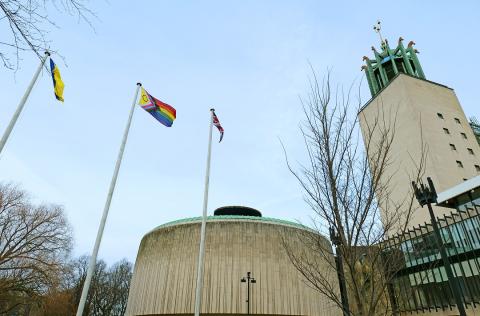8 June 2022
| | 2 min readNorth East Association of Directors of Adult Social Services (ADASS) issue thank you local carers
In support of Carers’ Week (6-12 June) the North East Association of Directors of Adult Social Services (ADASS) have acknowledged the incredible support local carers provide.

On behalf of Jane Robinson, Chair of the North East Association of Directors of Adult Social Services and Sam Allen, Chief Executive of the North East and North Cumbria Integrated Care System, we wanted to take this opportunity to say thank you to each and every one of you and to acknowledge the incredible support that you provide on a daily basis.
Carers’ Week is an annual campaign where we celebrate and recognise the vital role that unpaid carers play in our communities and families. The purpose of Carers’ Week is to make caring visible and valued and helps to raise awareness around the challenges and difficulties that carers face.
We know that across the UK today, around 6.5 million people are providing unpaid care for family and friends who are older, disabled or seriously ill, and who would not be able to manage without this support. It is estimated that five million people in the UK juggle work and caring responsibilities, but don’t always recognise themselves as a carer.
One carer recently shared their own experience of this and told us:
“Prior to COVID I didn’t regard myself as a carer and I don’t remember becoming a carer. I just seemed to slip into the role over time following my partner being diagnosed with a devastating rare brain disease. I have become more and more involved in ensuring he remains safe, and he now needs help with basic tasks and assistance with personal care. I manage all of this around my work commitments. No one will ever quite understand what being an unpaid carer means until you are faced with it.’
Caring responsibilities and the support carers provide can vary. It may take up a few hours each week, or your caring role may be 24 hours a day, seven days a week. Many carers find their caring role to be positive and hugely rewarding but we recognise that some can find it extremely challenging and often feel lonely, isolated and in need of support themselves.
Caring can be tough, so it is important that all carers are aware of the practical and emotional support that is available. Jane Robinson reminds us of this as she shares some of her own experiences of becoming a carer:
“Around the time of Carers Week last year, I became the carer for my Mum when she was diagnosed with a terminal illness. Caring for my mum, who was previously very fit and well, gave me huge insight into the physical, practical, and emotional challenges of being a carer.
“Whether it was managing the complexities of hospital appointments or medication, co-ordinating formal carer arrangements, or practical and domestic things, there was lots to think about and do. At times being a carer was really scary, particularly in the middle of the night, and at times it was exhausting, but there was fun too, like supporting mum to tick things off her bucket list.
“I was lucky to have support from fantastic family and friends which really helped me. I know this is not always the case for many carers, who may feel alone or isolated, so it’s important we talk about what it is to be a carer to make it more visible and recognise the invaluable impact it has on the lives of those we care for.”
The demands upon carers mean they often put the needs of others before their own and may not access the help that is available. It is essential that people who care, identify as a carer to make sure that they get the right information and support when they need it.
If you, or someone you know, cares for another person in any way you can ask for a carer’s assessment to see what things are available to make your life easier and also what support networks are available to you. To do this you can contact your local council using the following contact details:
Newcastle City Council
Tel: 0191 278 8377
www.newcastle.gov.uk/services/care-and-support/carers
You can also visit www.informationnow.org.uk/article/looking-after-someone/ where you’ll find more information about services and support for carers in Newcastle
Thank you to everyone who, in any way, cares for another person. It is you and your unwavering commitment to care that makes and builds our communities into a better and more compassionate society.
If you would like to give us feedback on our website, please complete this short online form.






